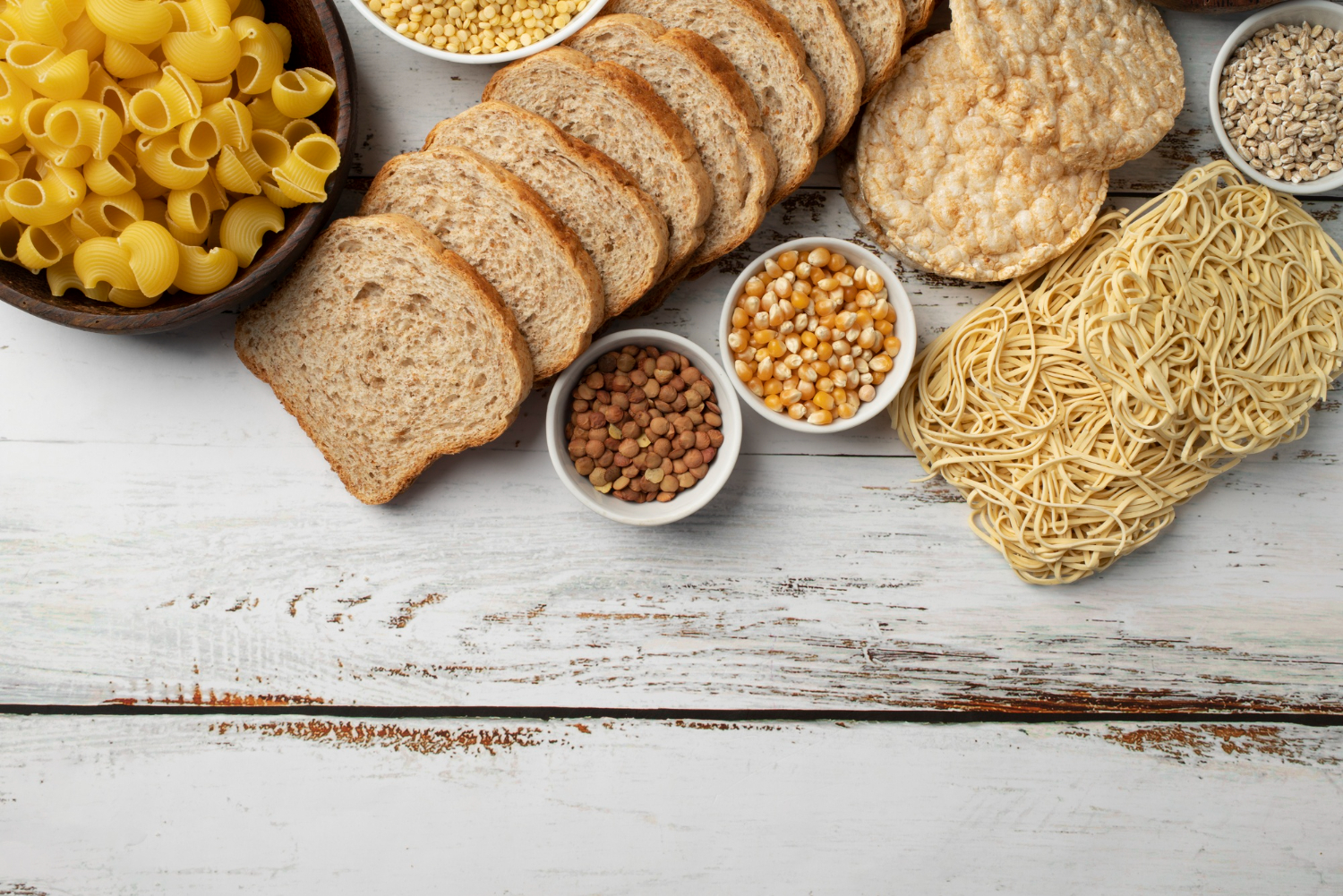- JP Nagar 6th Phase Bangalore
- 090197 04252


Hello! I’m excited to share something today that goes beyond what you eat and dives into how you eat. It’s called mindful eating, and it’s one of the most powerful yet simple ways to improve your digestion, feel more satisfied with your meals, and reconnect with the joy of eating. This isn’t just a technique; it’s a way to transform each meal into a peaceful, enjoyable, and even healing experience.
Ready to dive in? Let’s explore mindful eating and how this small shift can make a big difference in your life.
Mindful eating means fully focusing on your food and the act of eating. Imagine this: instead of scarfing down your meal while distracted by emails or the TV, you slow down, tune into your senses, and savor each bite. You notice the flavors, the textures, the aromas—taking it all in.
In our busy lives, eating often feels like something we rush through to get on with the day. But with mindful eating, each meal becomes a time to relax, reconnect, and nourish yourself on every level. This doesn’t require any fancy techniques or special tools—just a willingness to slow down and be present.
You might be wondering how eating slowly and savoring each bite could make such a big impact. But here’s the amazing part: mindful eating directly benefits your digestion, helps you avoid overeating, and even enhances your body’s ability to absorb nutrients. Let’s take a look at these benefits in more detail.
Better Digestion Right from the First Bite
Keeps You from Overeating by Tuning into Fullness Cues
Helps You Absorb More Nutrients
Turns Eating into a Source of Joy, Not Stress
Ready to try mindful eating? Let’s walk through some simple steps to turn your next meal into a relaxing, nourishing experience. You don’t have to do this perfectly—just give it a try and see how it feels!

Today, pick one meal to practice mindful eating. Set aside 15-20 minutes, minimize distractions, and fully immerse yourself in the experience. Notice the flavors, chew slowly, and take pauses. Feel what it’s like to eat without rushing or multitasking.

Mindful eating is a practice, not a perfection! It’s not about doing it “right” or following rules but about reconnecting with the pleasure of eating and the wisdom of your own body. When you slow down and savor each meal, you’re creating a positive relationship with food that’s centered on enjoyment, nourishment, and respect for your body.
As you start incorporating mindful eating, you may find yourself feeling more in tune with your hunger and fullness, less inclined to overeat, and more grateful for the food on your plate. This small change can make every meal a moment of peace, pleasure, and health.
So, let’s make today the start of a mindful eating journey. Enjoy each bite, honor your body, and discover the simple joy of being present with your food. Here’s to making each meal a delicious and nourishing experience!
Discover recipes that blend taste with health, crafted by our experts for your well-being.

Discover groundbreaking diagnostic services exclusive to India, now available at Arka Health, Bangalore
Arka Anugraha Hospital dedicated to empower you regarding gut health, detox, weight loss, chronic conditions, metabolic syndrome, diabetes, and obesity.